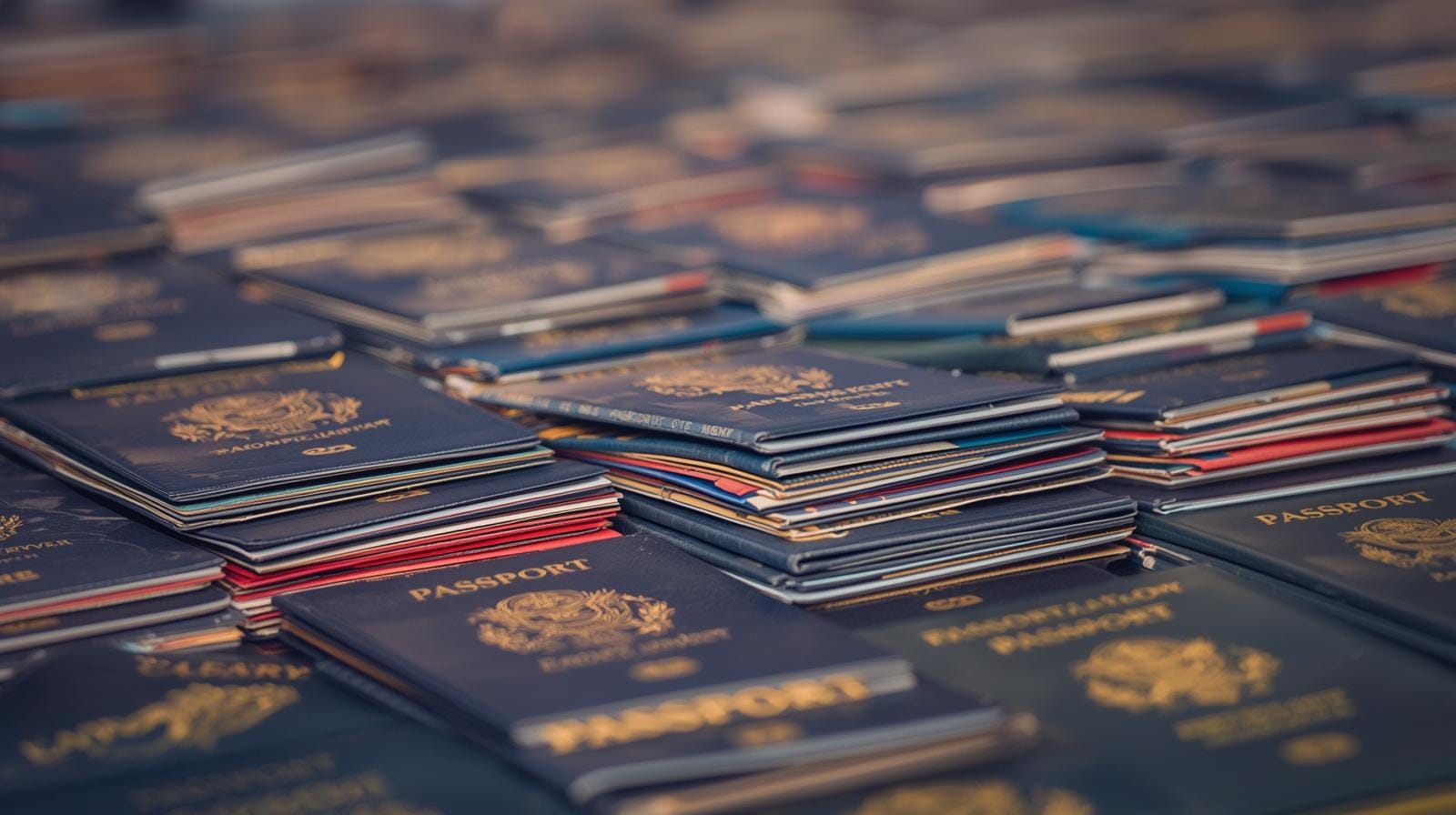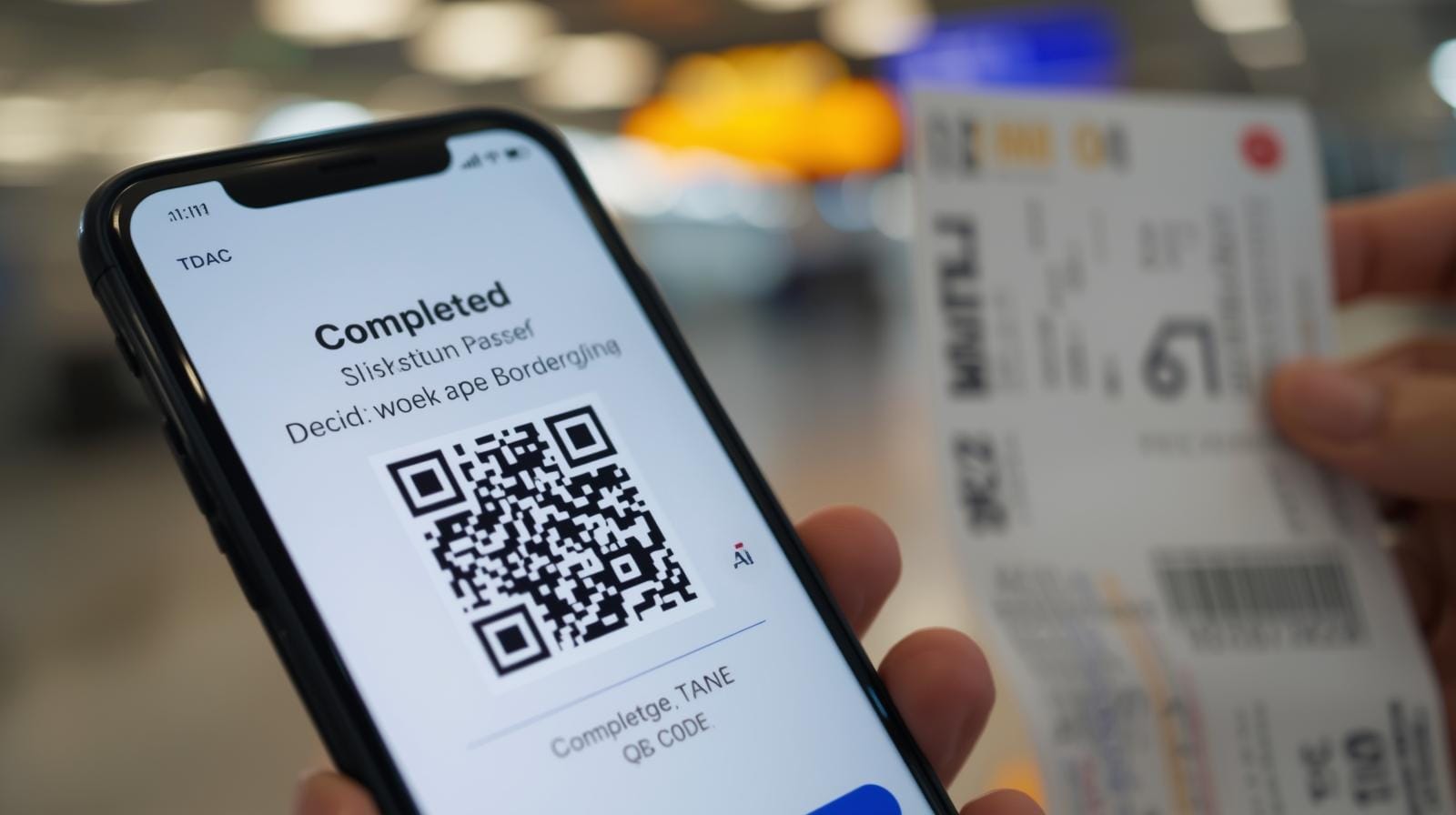Why this matters now
Thailand’s Ministry of Foreign Affairs has collapsed 17 Non-Immigrant visa categories into 7 (effective Aug 31, 2025). It’s a clean-up, not a revolution — but misreading it could still cost you renewals, bank access, or time. This guide strips the changes down to brass tacks.
What actually changed (and what didn’t)
- Consolidation: Legacy letters (B, O, ED, etc.) are grouped into seven umbrellas. The intent is to reduce overlap and streamline processing.
- Eligibility & rights: Largely unchanged. If you qualified before, you’ll likely qualify now — the label shifts; the bar doesn’t.
- Transition: Existing holders continue under current validity; changes hit at next application/renewal. (Always check your embassy/consulate page before filing.)
Bottom line: This is taxonomy reform, not a new immigration regime.

Where people will still get burned
Banking & KYC: Thai banks are tightening visa-status checks. If you downshift visas (or let status lapse), expect freezes/denials on new accounts or services. Read our banking deep-dive to avoid predictable traps. → [Expats & Thai Banks in 2025] (/business/expats-thai-banks-2025-rules-risks)
Also see the larger tension between immigration policy and financial compliance → Locked Out in Paradise
TDAC readiness: The Digital Arrival Card (TDAC) is mandatory since May 2025. Don’t stack a last-minute visa switch on top of a botched TDAC submission. → Thailand’s Digital Arrival Card

Choosing the right bucket: a fast decision tree
- Working or investing? You’re likely within the broad Business/Work umbrella, but your work authorization still depends on the e-Work Permit process — which is separate, faster, and digital now. → No More Blue Book
- Remote income, location-flexible? Re-check DTV versus LTR benefits, tax footprint, and proof requirements. Labels changed around you; your risk profile didn’t. → DTV 101 and Visa Crossroads
- Family, retirement, or study? The umbrella is broader, but evidence standards (income, insurance, enrollment) aren’t magically looser post-consolidation.
Pro tip: Treat the visa label as your door and work permit as your key. You still need both for lawful work.
Policy context you shouldn’t ignore
The visa tidy-up arrives alongside growth measures: BOI fast-tracking ~฿300bn investments and Q4 domestic travel tax rebates (Oct 29–Dec 15). Immigration is only one lever in a wider competitiveness push. Expect incremental improvements, not overnight miracles. Reuters

Practical checklist (save this)
- Renewal timing: Don’t switch mid-deal or mid-bank process unless advised.
- Embassy page: Pull the local consulate’s doc list; minor variants matter.
- TDAC: File ≥72 hours before arrival; screenshot confirmations. Condé Nast Traveler
- Work permit: Move all changes through the digital WP system early. Link HR, payroll, and immigration dates. (See our explainer.) → Digital Work Permit
- Banking: Keep a long-term status live. If in doubt, secure a renewal bridge before altering category. → Expats & Thai Banks in 2025
What we’ll watch next
- Operational guidance: Expect consulates to refine checklists the next few weeks.
- Edge cases: Volunteer/charity, dependents, and study-to-work transitions.
- Enforcement drift: KYC, landlords, and schools may over-interpret labels — bring printouts of official guidance to appointments.
Further reading on TTA:
- Policy backdrop → Thailand Eases Foreign Business Rules
- Macro pulse → Thailand’s Q4 2025 Stimulus
FAQ
Q: Does the 17→7 consolidation make approvals easier?
A: Not by itself. It reduces duplication; eligibility and rights largely stay the same.
Q: Do I need to change visas immediately?
A: No. Existing visas remain valid; changes apply at renewal/new applications. Check your consulate’s page.
Q: Can I work on my “business” visa without a permit?
A: No. Visa status ≠ work authorization. Use the digital Work Permit process. (See our guide.)
Q: Will banks relax now that labels are simpler?
A: Unlikely. Banks care about status continuity and KYC; plan renewals to avoid gaps. (See our banking piece.)










